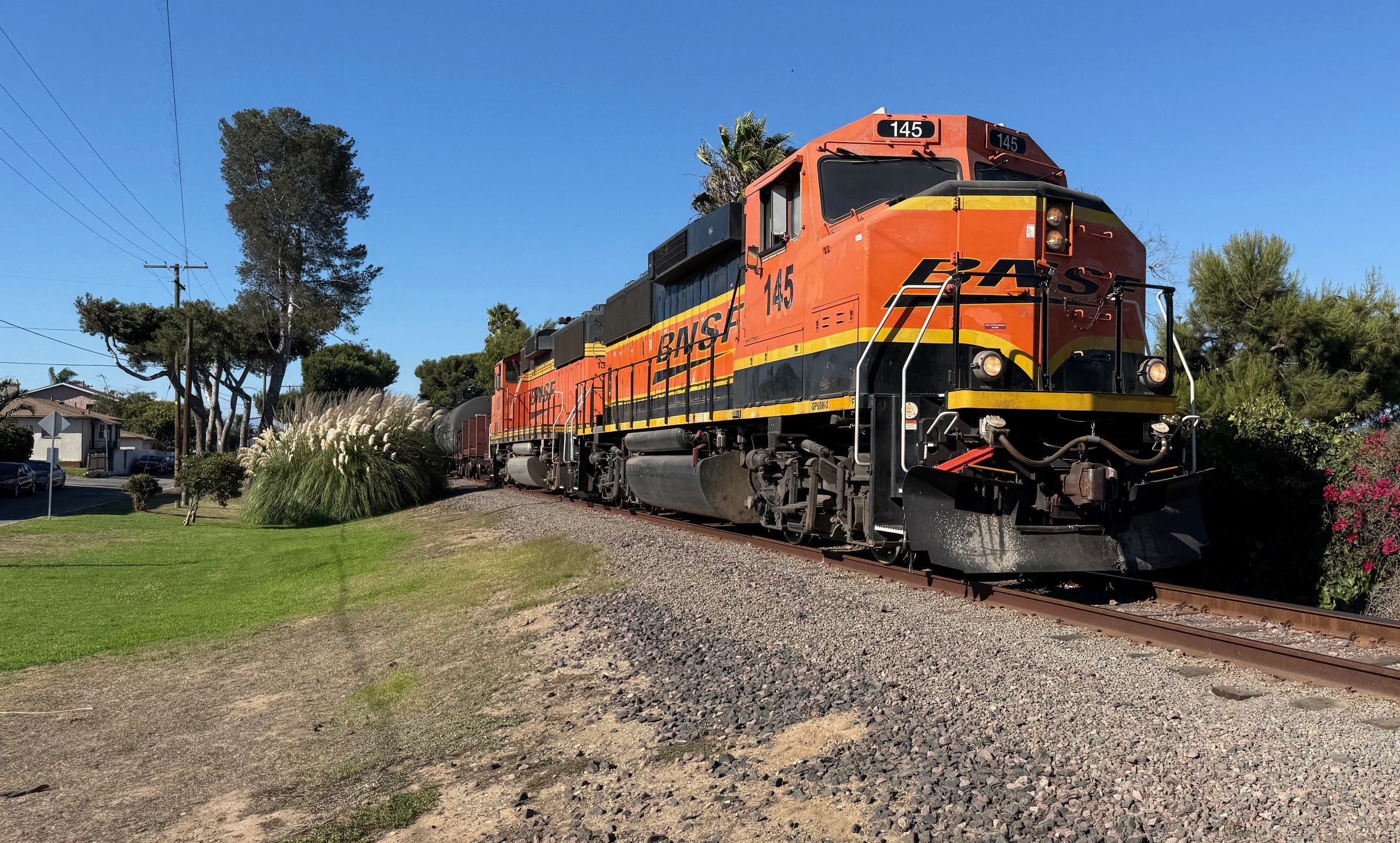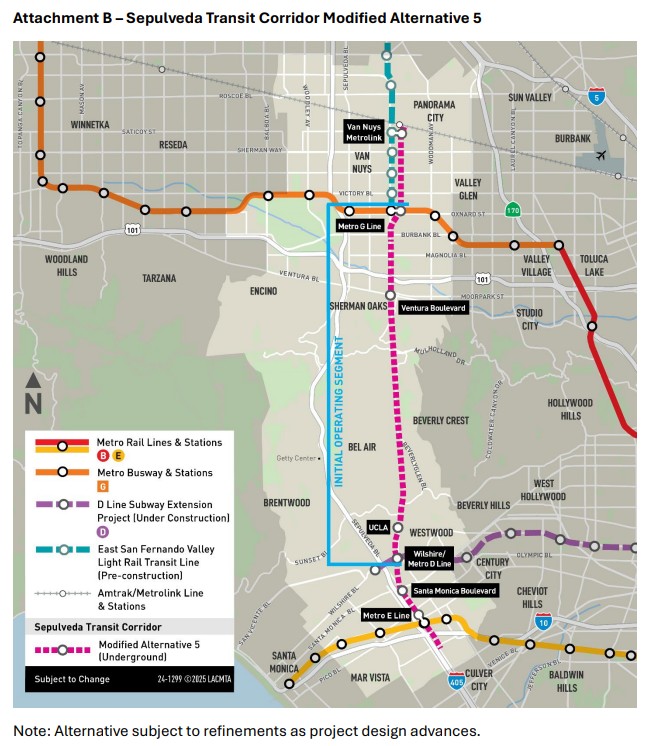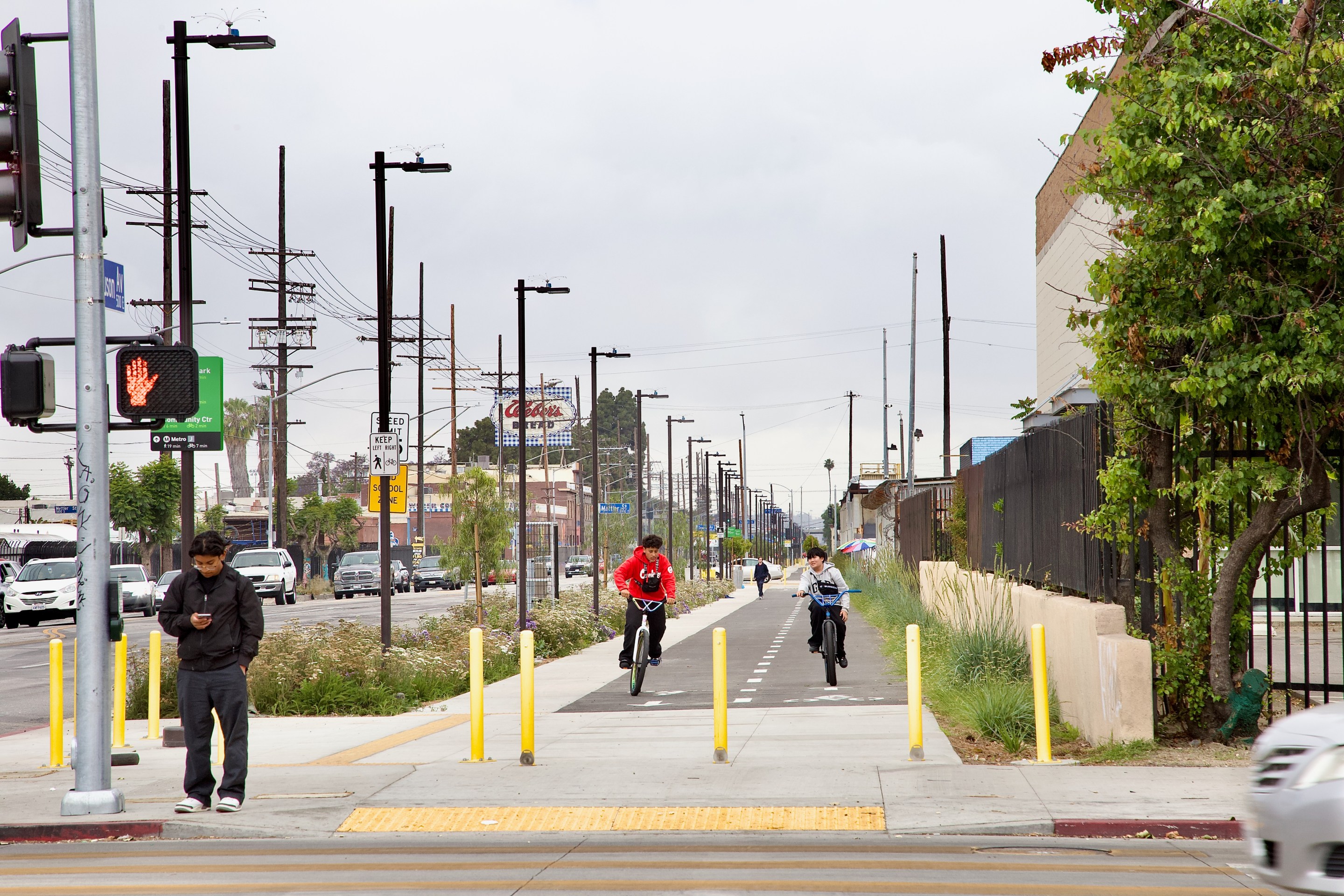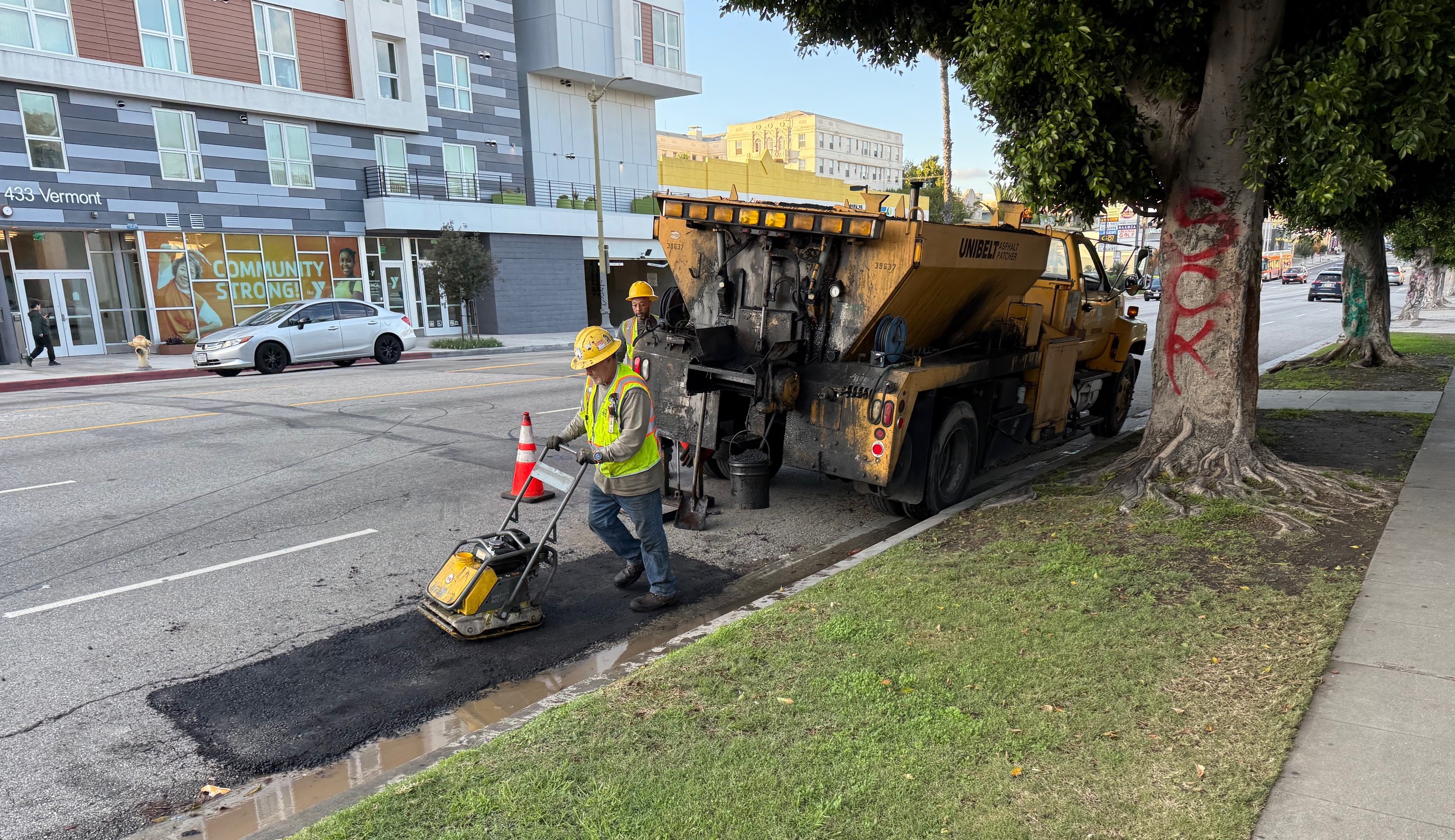The senior Republicans on three of the Senate's four
infrastructure-centric committees signed a bipartisan letter on Tuesday
asking the leaders of Congress' upper chamber to call up a six-month
extension of the 2005 transportation law.
 Senate environment chairman Barbara Boxer. Photo: Politics Now
Senate environment chairman Barbara Boxer. Photo: Politics NowIn
the letter, Sens. Jim Inhofe (OK), Kay Bailey Hutchison (TX), and
Richard Shelby (AL) joined Democrats in asking both parties' leaders to
overcome the objections of a "small number of senators" who prevented
quick passage of a six-month extension in September -- citing their opposition to using unspent financial bailout money to keep transportation programs running.
The
senior Democrats signing onto the letter were: environment committee
chairman Barbara Boxer (CA), Commerce Committee chairman Jay
Rockefeller (WV), and Banking Committee chairman Chris Dodd (CT).
Senate Finance Committee Chairman Max Baucus also signed the letter,
but the Finance panel's chief Republican, Sen. Chuck Grassley (IA), did
not attach his name.
A Grassley aide said the senator is
concerned about the long-term financial health of the nation's highway
trust fund and would prefer to address the issue in a multi-year bill
rather than a months-long extension.
The political climate surrounding infrastructure investment, roiled in recent days by Democrats' new determination
to pass job-creation legislation before the end of the year, remains
highly uncertain. But the senators' letter signals that any new
transportation spending is likely to be distributed using the same
funding framework used in the 2005 bill, rather than through any
revamped policy that might put roads and transit projects on a more
equal footing.
The reason, simply put: If a six-month
extension wins approval before the current stopgap transportation
measure expires on December 18, a 2010 jobs bill could well be on its
way to the president's desk by the time any broad reforms would reach
the top of the congressional agenda.
However, the fate of any
extra infrastructure spending was not mentioned in the senators'
letter, which emphasized the importance of providing a steady funding
stream that would "give states the certainty they need to plan and
contract for" road as well as transit and bike infrastructure projects.
A cancellation of contract authority triggered by the congressional
inaction forced cuts to clean transportation budgets in more than 45 states.
Check out a complete copy of Tuesday's letter after the jump.
Dear Majority Leader Reid and Minority Leader McConnell:
One
of the best ways to spur job creation and economic recovery is through
infrastructure investment. That is why a longer term extension of the
surface transportation program is so important to maintaining our
nation's vital bridges, roads, public transportation and other related
infrastructure, restoring our economy and creating good jobs for
American workers.
In July, the Committee on Environment and
Public Works, the Committee on Commerce, Science, and Transportation,
and the Committee on Banking, Housing and Urban Affairs each reported
an 18-month ex tension of the surface transportation program prior to
the expiration of the 2005 surface transportation bill, the Safe
Accountable, Flexible, Efficient Transportation Equity Act: a Legacy
for Users (SAFETEA-LU), with bipartisan support.
We believe
a multi-month extension of SAFETEA-LU is the best solution. It would
give states the certainty they need to plan and contract for
transportation infrastructure projects. The Department of
Transportation estimates that every $1 billion spent on transportation
and matched by the states supports approximately 35,000 jobs. It would
also give the Department of Transportation's highway safety agencies
the certainty they need to continue implementing safety-critical
programs that keep motorists safe on our roads.
SAFETEA-LU
expired at the end of September and, unfortunately, there was objection
to floor consideration of the bipartisan legislation extending these
important programs. This necessitated two short term extensions to the
surface transportation program, attached to Continuing Resolutions.
Short term extensions mean less money is available for states, and do
not provide states the certainty they need to keep crucial
transportation projects moving forward.
On a bipartisan
basis, we have decided to move forward with a 6-month extension.
Unfortunately, a small number of Senators continue to object and will
not allow an extension to be considered by the Senate without a cloture
vote.
We urge you to file cloture on the motion to proceed
on the 6-month extension and dedicate the time necessary to complete
this important legislation, so we can put Americans back to work and
keep our economy moving.






